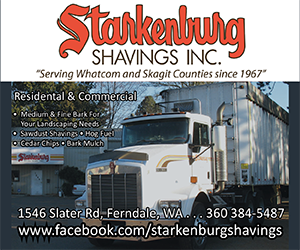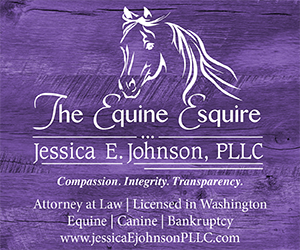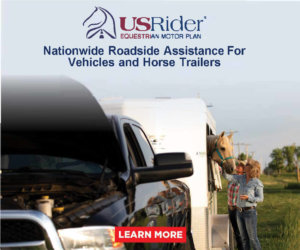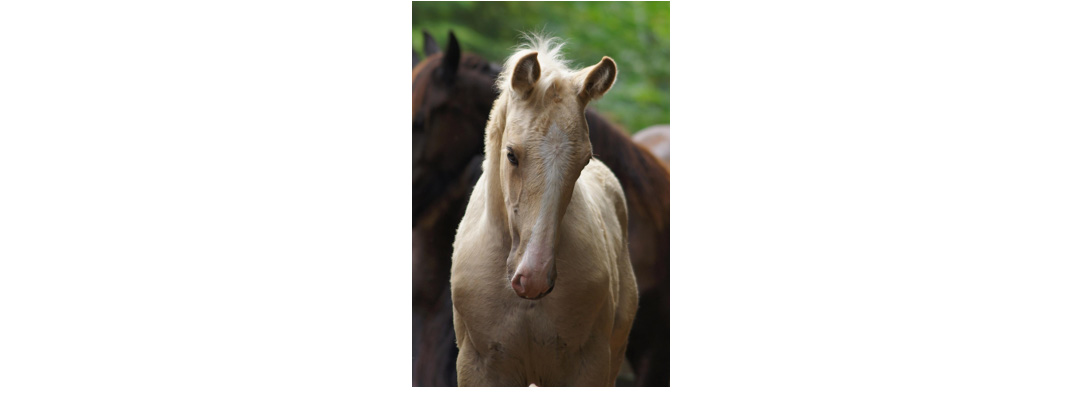A Labor of Love, Time, and Money
by Kim Roe
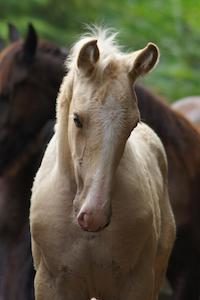
When I meet someone for the first time and they find out I am involved in the horse business, I am inevitably asked, “Do you raise horses?” I tend to answer too quickly, “Aack! No way.” It’s a knee-jerk response to a simple question. There are three main reasons why I avoid breeding horses: money, time, and emotions.
My mother raised horses on our ranch in California. I grew up taking part in the business and learned firsthand the joys, struggles, and heartbreaks involved. We had 3–5 foals each spring, and then spent years training and caring for those babies before they were sold.
What I learned: you are responsible for that foal until you find it a good home. By the time that happens you will have an enormous amount of money, time, and love in that horse.
It all starts with a proper environment: safe fencing, shelter, a large acreage (young horses need room to run), and good ground (young horses need good soil for their bones and feet to develop properly). Then there’s vet care, proper nutrition, monthly hoof care, and training—which is every day of that foal’s life.
Then there’s the problem of what happens to your heart when you raise a foal, train it, and sell it. Sometimes we received wonderful letters from people who owned and loved one of our horses. But too often the horse went down the driveway in a trailer and we’d never hear of it again. This took a toll on me, and I swore I’d never do it again. It was a labor of love, and no profit was ever made. Luckily, my mother had a “real” job as an English teacher that paid for the horses.
I am grateful to people who raise horses, and do it well. I’ve reaped the benefits of their breeding programs. My horse Exodus was bred, foaled, and started under saddle in Brazil. His breeder, André Ganc, has studied bloodlines, developed a goal, and spent loads of money raising Lusitano horses that are great for dressage. When I traveled to Brazil and saw the quality of his horses I was amazed. It is expensive to import a horse, but no more than raising your own (trust me on this), and I got exactly what I wanted.
Still, growing up on a horse farm was a beautiful existence, and I’m not trying to discourage folks, just educate. A foal you raise well will be the best horse you ever have, but be realistic about the process.
Happy New Year!
Originally Published January 2017 Issue
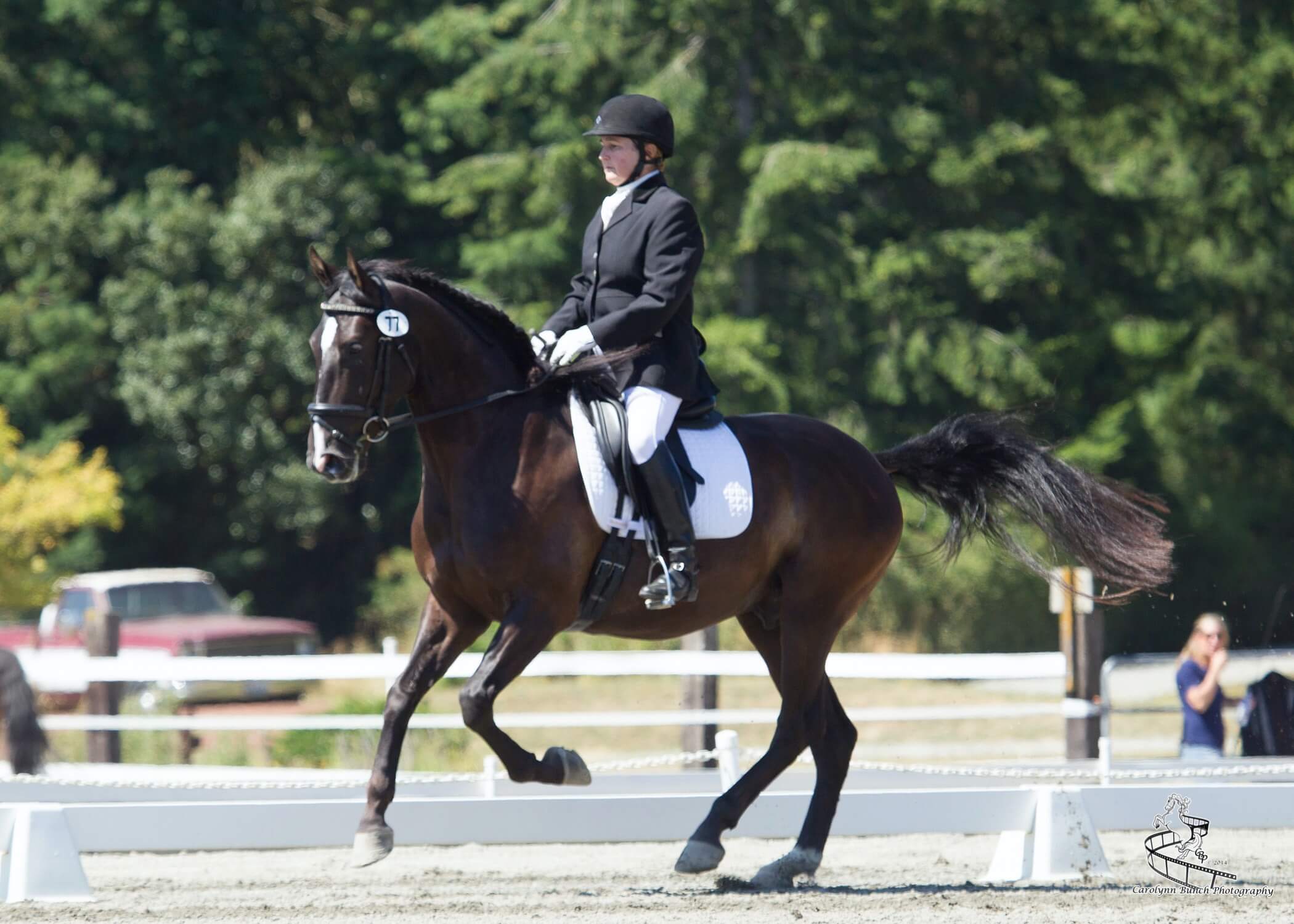
Kim Roe grew up riding on the family ranch and competed in Western rail classes, trail horse, reining, working cow, and hunter/jumper. She trained her first horse for money at 12 years old, starting a pony for a neighbor.
Kim has been a professional dressage instructor in Washington state for over 30 years, training hundreds of horses and students through the levels. In recent years Kim has become involved in Working Equitation and is a small ‘r’ Working Equitation judge with WE United.
Kim is the editor of the Northwest Horse Source Magazine, and also a writer, photographer, and poet. She owns and manages Blue Gate Farm in Deming, Washington where she continues to be passionate about helping horses and riders in many disciplines.


